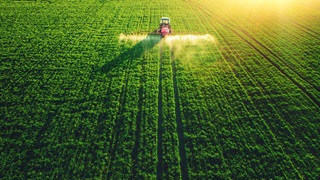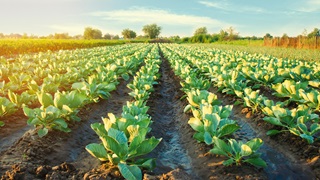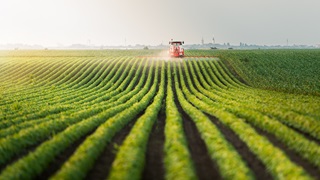Video

Sustainability
Global | Publication | October 2020
The rise in prominence of environmental, social and governance (ESG), or sustainability issues, is increasingly significant for businesses globally. The escalation of sustainability issues into a core business concern has been a steady and continuous progression over the past several years as the legal and regulatory landscape changes and expectations of investors, employees, consumers, regulators and other stakeholders grow.
Now more than ever, investors are prioritizing ESG risks and opportunities and incorporating sustainability criteria into their investment and valuation decisions. ESG issues such as climate change, labour standards, human rights, modern slavery and corporate governance are assessed to determine the long-term impact these issues may have on future corporate growth. Investors perceive companies with strong sustainability programs as one of the key indicators of sound and reliable performance going forward.
In this section, we explore the rapidly changing legal and regulatory landscape, including standards and initiatives as they relate to ESG, as well as how sustainability issues, policies and markets are affecting food companies and agribusinesses.
Thought leadership

Publication
Alberta launches agribusiness challenge to reduce greenhouse gas emissions
Food producers, processors and agribusinesses are facing increasing pressure to expand the production of locally-grown food, while curbing emissions and operating in a more sustainable manner.

Publication
Environmental, social and governance performance and cannabis
The link between positive environmental, social and governance (ESG) performance and economic growth is not new.
Publication
Innovation in sustainable agricultural practices
Climate change is a critical and emotionally-charged issue.

Publication
Climate change and the food and agribusiness sectors: adaptation, mitigation and innovation
The recent Intergovernmental Panel on Climate Change (IPCC) Report on the Impacts of Global Warming warned that the world is already seeing the consequences of global warming of 1°C, with more frequent and extreme weather, rising sea levels, diminishing Arctic sea ice, ocean acidification, land degradation and desertification, among other changes.

Publication
Agricultural infrastructure for resilience against climate change
Climate change is a significant challenge for agriculture.

Publication
Transitioning from brown to green: the use of transition bonds and green bonds, and sustainability-linked financing in agribusiness
Two of the most pressing issues currently facing our planet are rising carbon emissions and increasing global food demand.
Recent publications
Publication
The DFSA proposes radical overhaul of crypto token suitability and fund rules in the DIFC
On 1 October 2025, the Dubai Financial Services Authority (DFSA) published Consultation Paper No. 168 (CP168), outlining a series of important proposals aimed at enhancing the regulatory framework for crypto tokens in the Dubai International Financial Centre (DIFC).
Publication
DFSA publishes its fund management self-custody thematic review
The Dubai Financial Services Authority (DFSA) has published a thematic review examining self-custody arrangements by fund managers (FMs) operating in the Dubai International Financial Centre (DIFC). The review follows a ‘burgeoning’ increase in the number of domestic funds and a growing trend of FMs opting to retain custody of fund property, raising concerns around operational resilience, governance, and investor protection.
Publication
FSRA proposes expanded regulatory framework for fiat-referenced tokens
On September 9. 2025, the Financial Services Regulatory Authority (FSRA), the financial services regulator in the Abu Dhabi Global Market (the ADGM), published Consultation Paper No. 9 of 2025 (CP9), outlining a comprehensive proposed regulatory framework for Regulated Activities involving Fiat-Referenced Tokens (FRTs).
Subscribe and stay up to date with the latest legal news, information and events . . .







